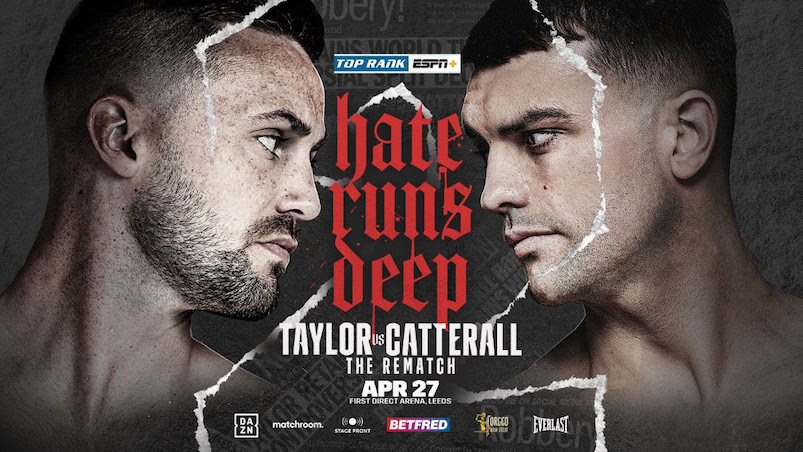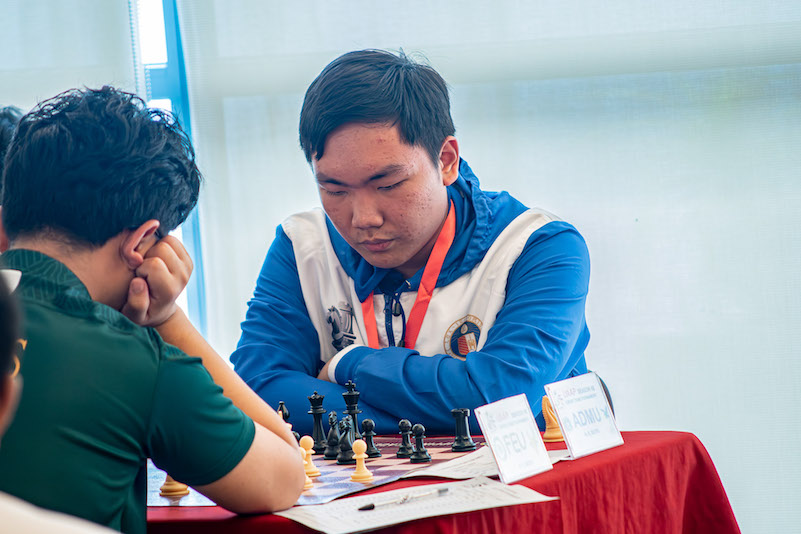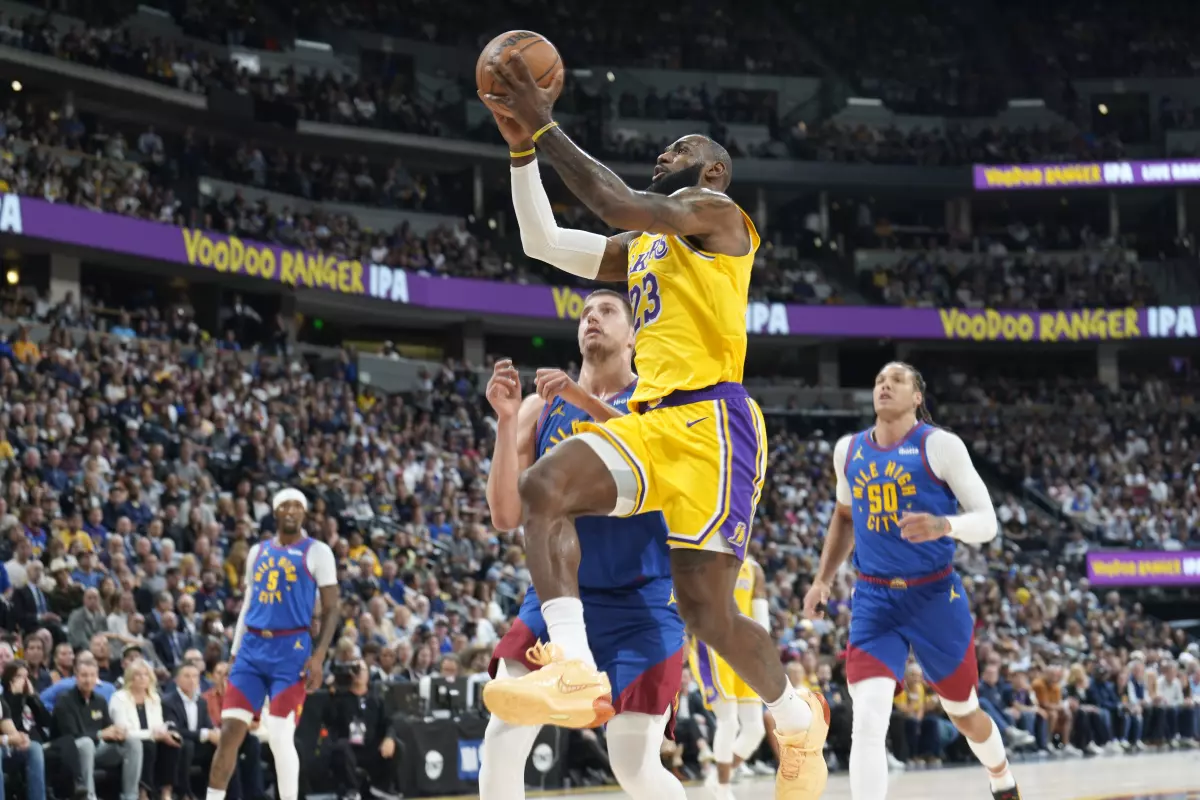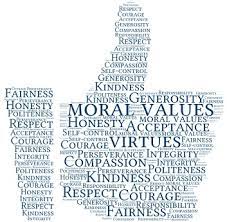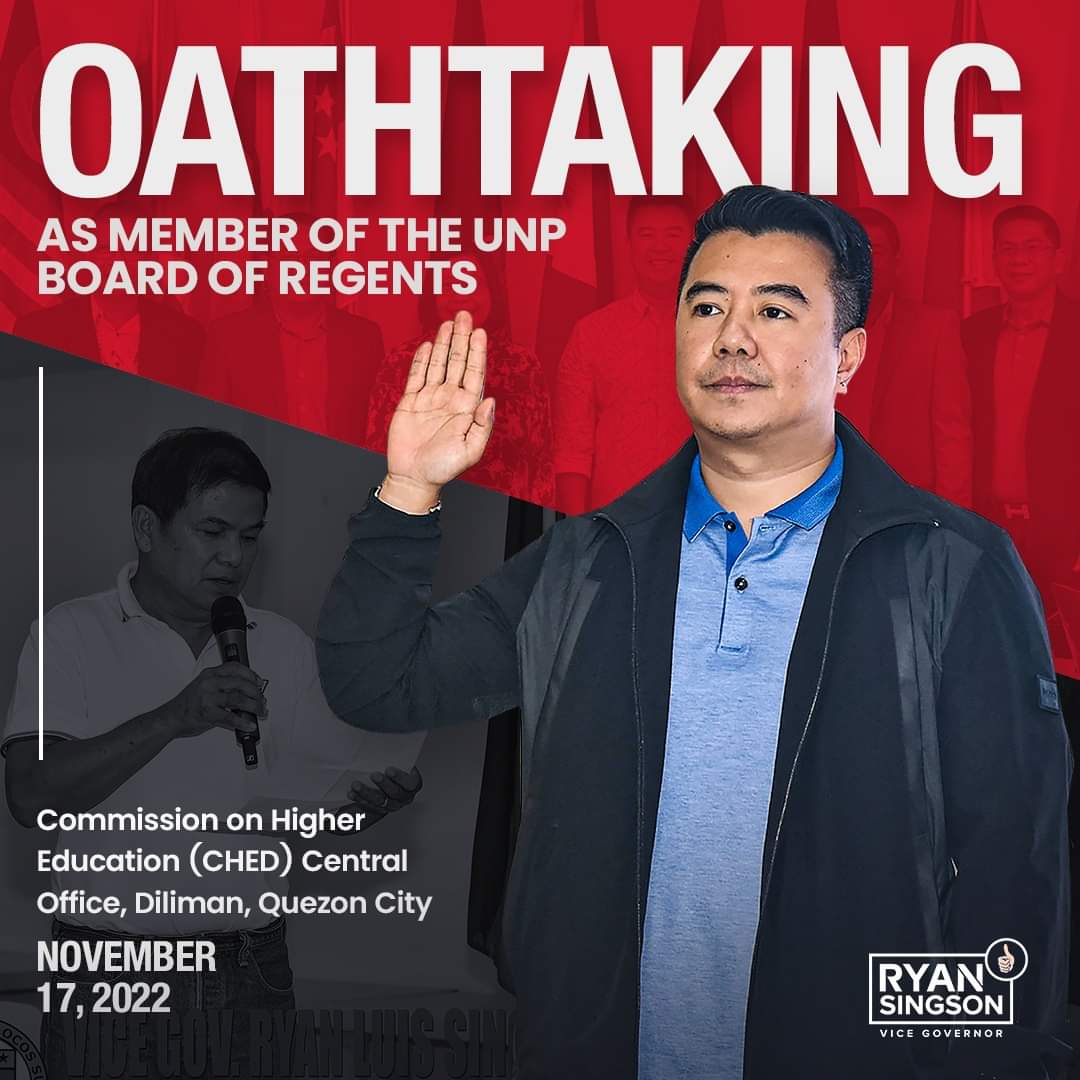WHAT we should look for a leader is not popularity but a strong set of moral and spiritual values.
The fad in Philippine politics nowadays is that if you are popular, you can join in the electoral process and win.
Never mind if you’re corrupt and inept. Never mind if you have been living an immoral life.
Never mind if you are unprincipled and weakling. Never mind if you are bereft of moral and spiritual values.
Sad to say, none among the early birds in next year’s presidential elections in the Philippines has measured up to our expectations.
Yorme, Pacman, Ping, Bongbong, Quiboly. All superstars and affluent materially in their respective fields, but nobody from this pack has exhibited a brand of leadership and characteristics worthy of emulation from the youngsters in the next generation.
Where are those who have been espousing a decent, moral, humane, honest, spiritual, simple and dignified life both in private and public?
We need leaders who can inspire and lead us to the right direction, not popular but pretenders and traditional politicians.
Yorme is just another fly in the ointment. After a brief date with public adulation owing to his head-turning transformation from a jungle into a livable habitat of the country’s capital city, he now thinks he can solve the country’s major mess when he occupies Malacanang.
Pacman is a media creation. Being a world boxing champion doesn’t make a person a shoo-in for the presidency.
If being a popular athlete was used as the basis for a trip to the highest office in the land, Paeng Nepumoceno, Bata Reyes, Flash Elorde, Onyok Velasco, Pancho Villa, Arianne Cerdena, Bea Lucero and a host of Filipino world class athletes would have been president.
Quiboloy is a charlatan. A-blind-leading-the-blind a-false-prophet beware-of-wolves-in-sheep-clothing-type applicant. A Dracula intending to guard the blood blank. No good.
Ping still has the blood of the Kuratong Baleleng in his shirts. And the double murder of Dacer and Corbito. Scary.
If political wannabes tell us "it's not about the money but the principle," chances are it is always about the money.
That’s why Bongbong needs no further introduction. The family name speaks for itself.
A new study published in the Proceedings of the Royal Society B finds that people are quick to change their moral values depending on which rule means more cash for them instead of others.
The study, titled "Equity or equality? Moral judgments follow the money," was conducted by Peter DeScioli, an Assistant Professor in Department of Political Science at Stony Brook University and Associate Director of the Center for Behavioral Political Economy, and colleagues.
“Previous research emphasizes people's personalities, genes, and upbringing as the main source of moral values and disagreements about morality," said DeScioli.
"We found that people also adjust their moral values depending on which principle benefits them the most. Our moral principles are more flexible and self-serving than we would like to admit."
DeScioli points out that the finding translates to many situations in which people need to divvy up resources such as family members dividing an estate, business partners dividing profits, citizens deciding how tax dollars will be spent, or nations dividing territory.
“Our selfishness does, however, have some limits," emphasized DeScioli.
In the last experiment, the researchers removed the justification for an unequal division by asking both partners to transcribe one paragraph. In this scenario, most Typists (78%) shared the reward equally rather than taking the larger share. And, Typists no longer shifted their moral judgments in the self-interested direction.
The researchers conclude that the "Pursuit of self-interest is tempered, however, by the constraints of coordination. People seek not only to benefit themselves but also to persuade other people that they are morally right in doing so.”
(The author, who is now based in New York City, used to be the editor of two dailies in Iloilo)


